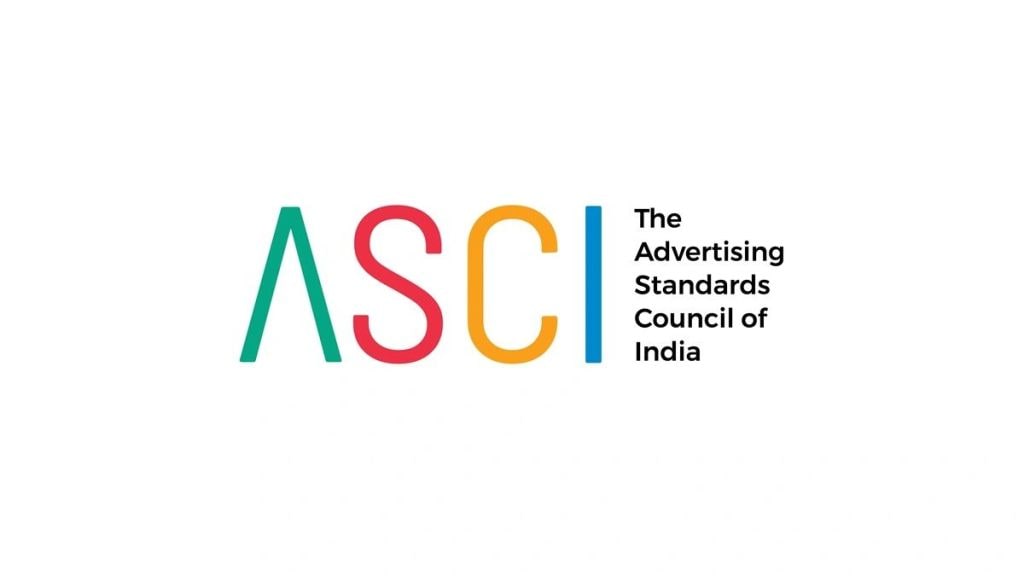49% of parents admitted to choosing platforms based on advertising, as per a study released by the Advertising Standards Council of India (ASCI). The EdNext study was undertaken in partnership with Sprint Studio.ai and UNICEF as the research and knowledge partners, respectively. It found that while 81% of parents trusted EdTech ads, 73% felt that ads showed high pressure on studies. The study analysed 100 EdTech advertisements across print, TV, digital video and static media, besides stakeholders such as parents, students, policymakers, educationists, child development experts, and representatives from marketing and creative fields. According to the company, the study was conducted across Delhi, Bengaluru, Indore, Kanpur, Patna, Kolhapur, Warangal and Bardhaman.
EdTech has emerged as an important sector in recent times, especially with the pandemic where parents engaged with these companies to supplement their children’s education, Manisha Kapoor, CEO and secretary general, ASCI, said. “Given the particular asymmetry between vulnerable parents and students on the one hand, and large organisations on the other, it is critical to ensure that advertising is responsible and does not exploit these vulnerabilities,” she added.
According to the report, EdTech ads have a large focus on marks and ranks, where subjects such as math and science dominated the depiction. The study also found in advertising, none of the endorsers or role models were part of the academic field. Additionally, it reported that the stereotypes of gender, physical appearance, and mothers’ roles often crept up in these ads. On the other side, the study found that ads which featured parents often represented them as supportive of students and being positive role models for progressive parenting. Moreover, parents and experts also felt that ads that focused on conceptual learning were progressive and enjoyable, it claimed.
As part of the study, the council proposed a framework to elevate the communication titled ‘RAISE’ which claims to provide stakeholders with a set of lenses to evaluate the creatives and develop more progressive messages. This includes five principles, namely, ‘Relationship of the student with learning’, ‘Authenticity of situations, promises and claims’, ‘Inclusive representation of characters to depict diversity in gender, age, physical attributes, personality types, learning styles and pace along with regional inclusion’, ‘Spectrum of pedagogy where there is information on learning methods and how they contribute to holistic learning outcomes’, and ‘Excellence markers to focus on overall development as a measure of success over ranks and marks’.


